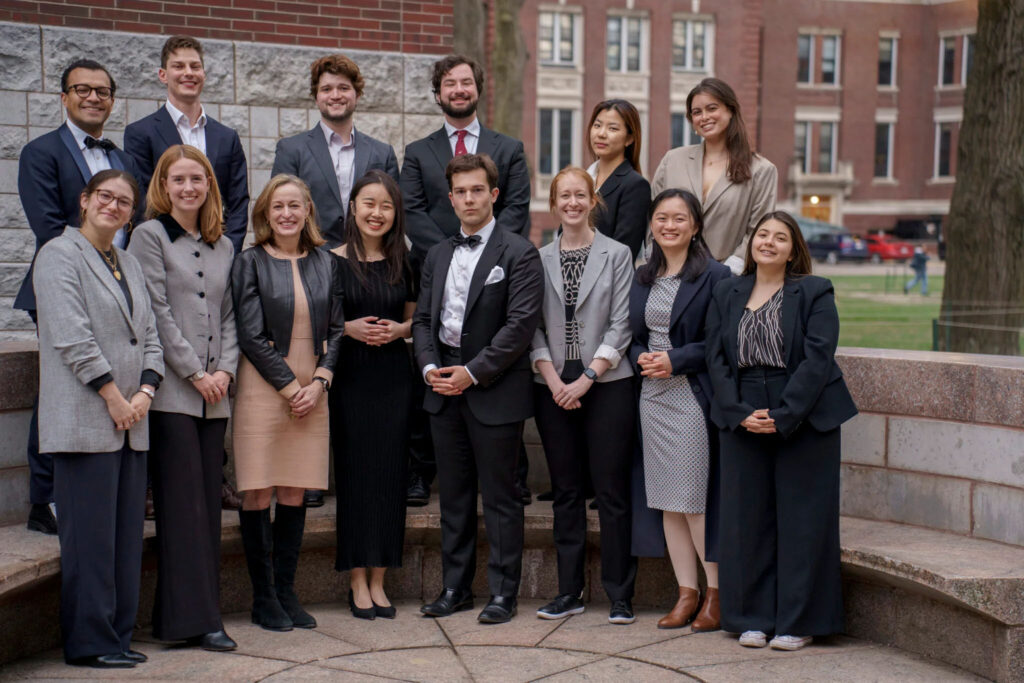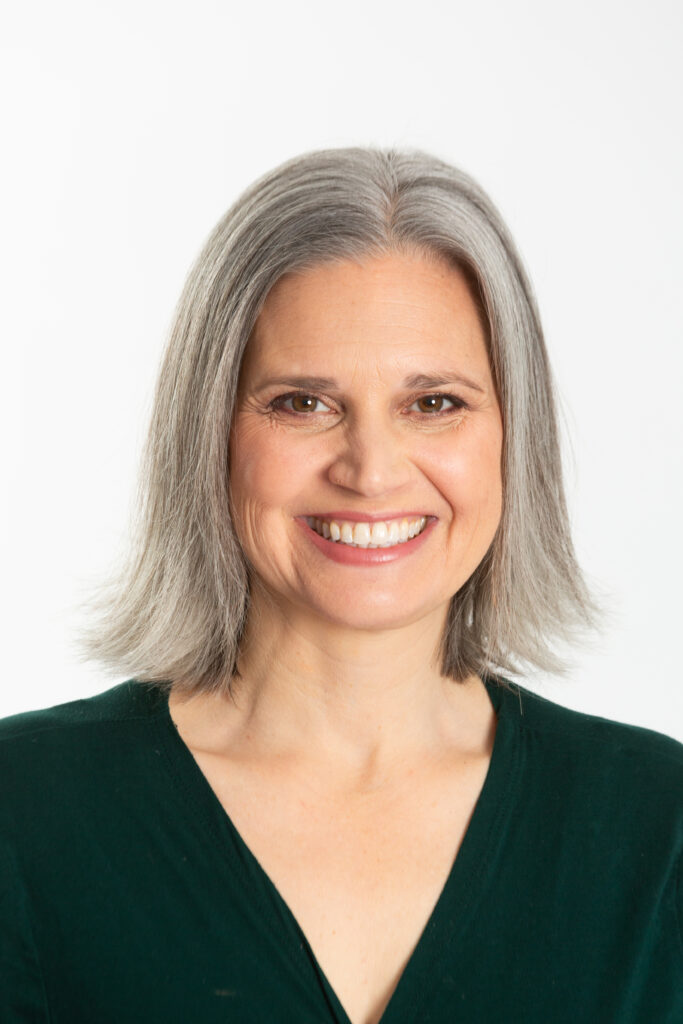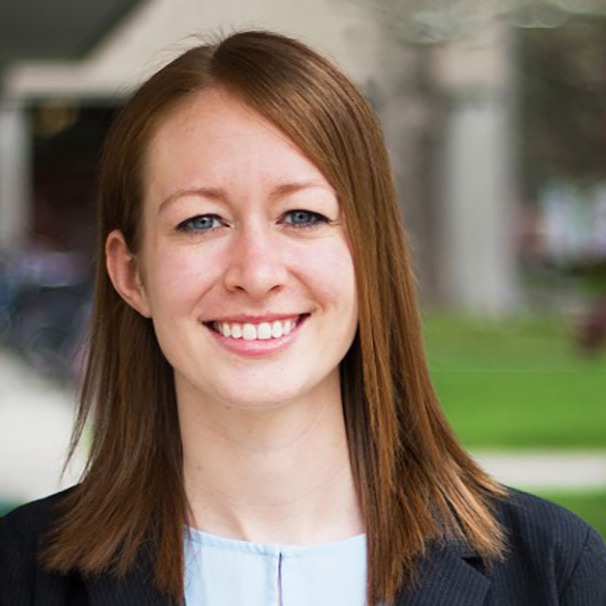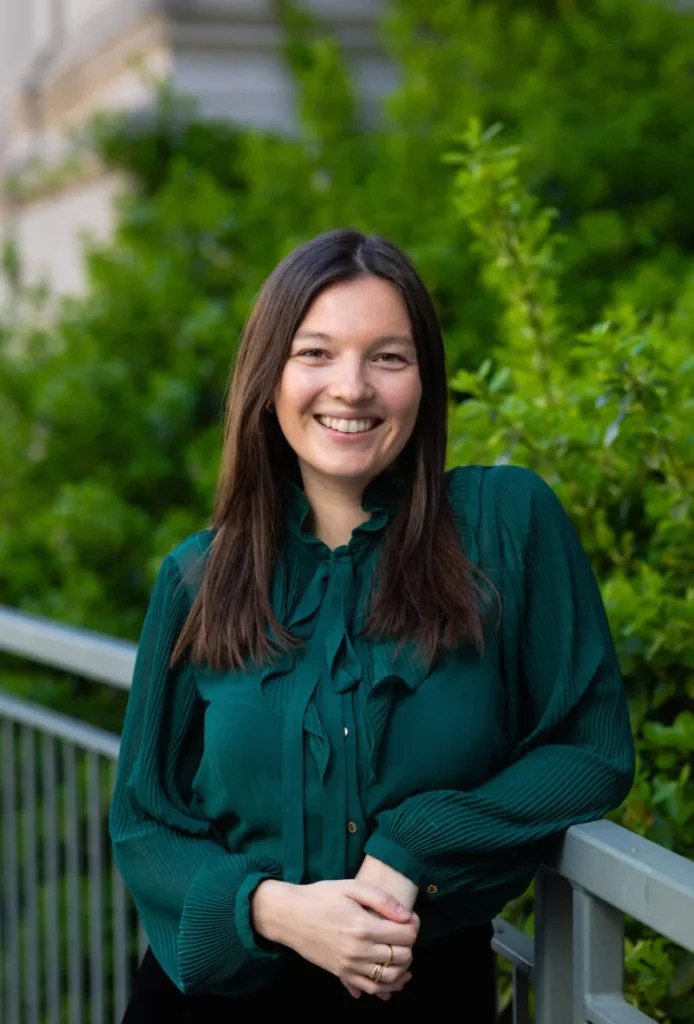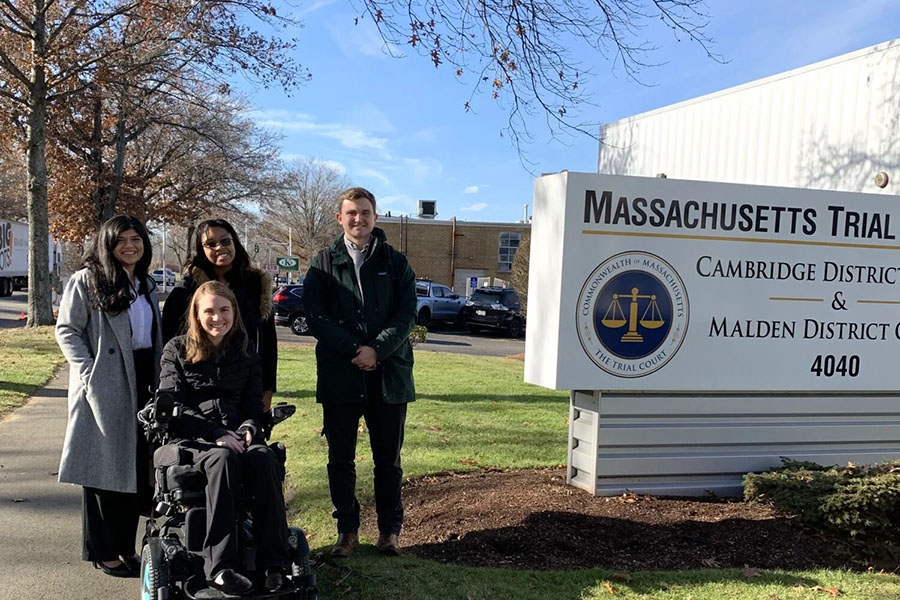By Ethan Lowens and Cathy Mondell
The Harvard Mediation Program (HMP) rose to a new challenge this fall: with Harvard Law School classes meeting virtually and no students on campus, HMP was faced with the question of how to make student mediators available from their homes across the globe to the Boston-area court systems HMP has been working with for decades. And, because access to those courthouses was (and continues to be) strictly limited, HMP also had to set up new processes with each court to obtain case referrals, instead of relying on same-day, in-person referrals. Thanks to the hard work and dedication of our mediators, staff, Board members, and Training Corps—who crafted and rolled out a virtual mediation training for the membership this summer—HMP is now well-positioned to serve courts and communities by providing mediation services remotely.
Even before the Fall semester started, HMP mediators began conducting mediations via both Zoom and phone. “Despite the dramatic change of venue, it felt almost natural to facilitate conversation over Zoom,” said Zoe Russell ʼ22. “Although some strategies, such as reading body language, were harder to use, the remote environment did not seem to detract from the process. In fact, other helpful strategies came into play, such as encouraging parties to mute when it was not their turn to speak, which allowed everyone to be heard.” Zoe’s enthusiastic embrace of these new techniques has helped her to recruit new HMP members along with her co-Director of Recruiting, Jessica Lu ʼ22.
The latest guidance from Massachusetts suggests that courts are likely to be operating with restrictions on in-person court sessions for months to come, limiting the ability of those courts to hear small claims cases. In the meantime, parties have continued to file new claims over the last half year, and staff at most courts are being asked to juggle many new tasks with minimal in-person staffing. Together, these factors have created a significant backlog of cases at the court level that could benefit from virtual mediation services.
To date, HMP has received dozens of case referrals from three separate District Courts for both small claims cases and Harassment Prevention Orders and continues to get a new batch of referrals from those courts each week. HMP is also working on processes to obtain referrals from several other courts that we have traditionally served, and to obtain referrals from sources outside of the court system. As these referrals come in to HMP’s office, we are assigning them to sets of co-mediators to coordinate with the parties to convene each case—a new challenge that our mediators have gamely embraced. “I thought the remote mediation went really well. It is actually nice to coordinate a date/time that work for everyone rather than going during the court’s hours,” noted Mike Bliss ʼ22.
As HMP continues to train mediators to adapt their skills to remote settings, a significant takeaway is that remote mediation is still mediation. The skills, techniques, and best practices our mediators learned in traditional training are still just as important. What’s changed is how they’re applied. For example, mediators now use technological tools like breakout rooms and mute buttons to direct the process of a mediation. They track eye movement and body language to interpret emotions and ensure that parties are not distracted. “The substance of the mediation was very similar to an in-person session,” Mike reflected. “I had a pretty heated mediation. . . . The breakout room function [of Zoom] worked really well for private sessions and facilitated a very quick settlement.” Mike is already a recognized breakout room pro—he and co-Director of Continuing Education Brenna McGuire ʼ21 organized and taught a session on remote mediation techniques to a group of HMP mediators this September.
Anna Vande Velde ‘21 echoes the mix of challenges and benefits that remote mediation introduces. “In my remote mediations I have found that they take more time than in–person mediations. This is at least in part due to added technological and logistical hurdles,” she observed, though “in many ways, the co-mediation part is easier remotely because of added ways to connect while the mediation is ongoing.” For example, during a phone mediation, Anna and her co-mediator used Zoom’s video and chat features separately between the two of them so that they could maintain their mediator communication. Anna is applying these and many other tips in leading the planning for HMP’s Spring semester Basic Training course.
As we gain experience and receive feedback from our remote mediations, HMP is constantly adapting and improving its policies and training. This is a participatory process. HMP’s staff, Board, and large community of members have submitted ideas for how HMP can continue to best serve parties with dispute resolution needs—whether those ideas relate to a brand-new type of service HMP might provide, an improvement to the processes we are currently developing, or something else entirely.
Ethan Lowens ʼ21 is a third-year student at Harvard Law School. He trained with HMP in his first semester and has been actively involved ever since: first as a mediator in Chelsea, then as one of the Training Directors, and now as the Communications Director. Ethan is also a co-Editor in Chief of the Harvard Negotiation Law Review. He plans to practice criminal law as a public defender after graduation.




